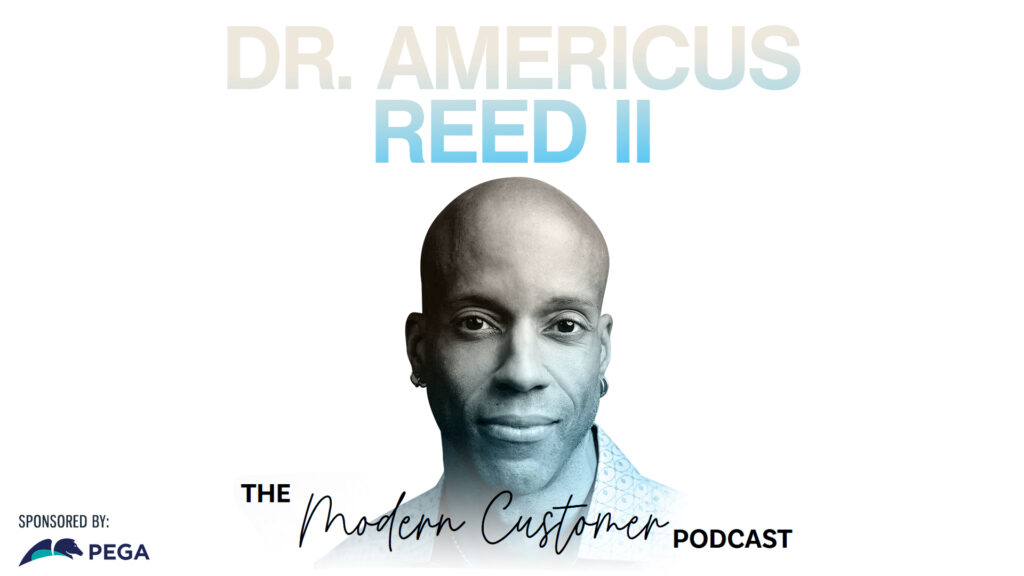How do customers come to form a sense of who they are?
Brands often focus on loyalty, but much of that loyalty was thrown out the window during the pandemic as customers reevaluated their priorities and tried new products and services.
But even with turmoil and change, some customers stayed loyal to their favorite brands. The difference in these levels of loyalty often comes back to identity loyalty.
Dr. Americus Reed II, best-selling author and marketing professor at The Wharton School, created the concept of identity loyalty to examine the psychological reasons behind why customers are loyal to certain brands or products.
Identity loyalty goes beyond just looking at the products a customer repeatedly buys to examine the reasons behind them and how those brands contribute to the customer’s overall sense of self.
As Reed says, a customer can buy the same product over and over and be seen as loyal by the company. But those repeat purchases could be out of habit, convenience or brand neutrality instead of actual loyalty.
Identity loyalty is born from psychological self-perception that somehow the brand is connected to who the customer wants to be. Loyalty comes from that need to self-express. When customers have identity loyalty, the brand and product makes a statement about who they are and who they want to be. Reed says that the stronger the relationship of identity and self-expression to the brand, the stronger the identity loyalty.
Brands should build customer identity loyalty by creating a deep connection between their products and the customers’ values. Identity loyalty isn’t created and strengthened by highlighting a product’s features—because at some point, the features are all the same—but by connecting to deeper values. Customers have identity loyalty to brands like Apple, Nike and Peloton because the products are great, but also largely because the brands showcase who customers are and who they want to become.
Identity loyalty creates strong bonds between customers and brands and is strengthened as brands showcase their values and build personalized relationships. Customers don’t buy what you do; they buy why you do it.
Highlighting values and building emotional connections can help all brands strengthen their customer identity loyalty.
_________________
Blake Morgan is the bestselling author of The Customer of the Future. Join the new Customer Experience Community here.

